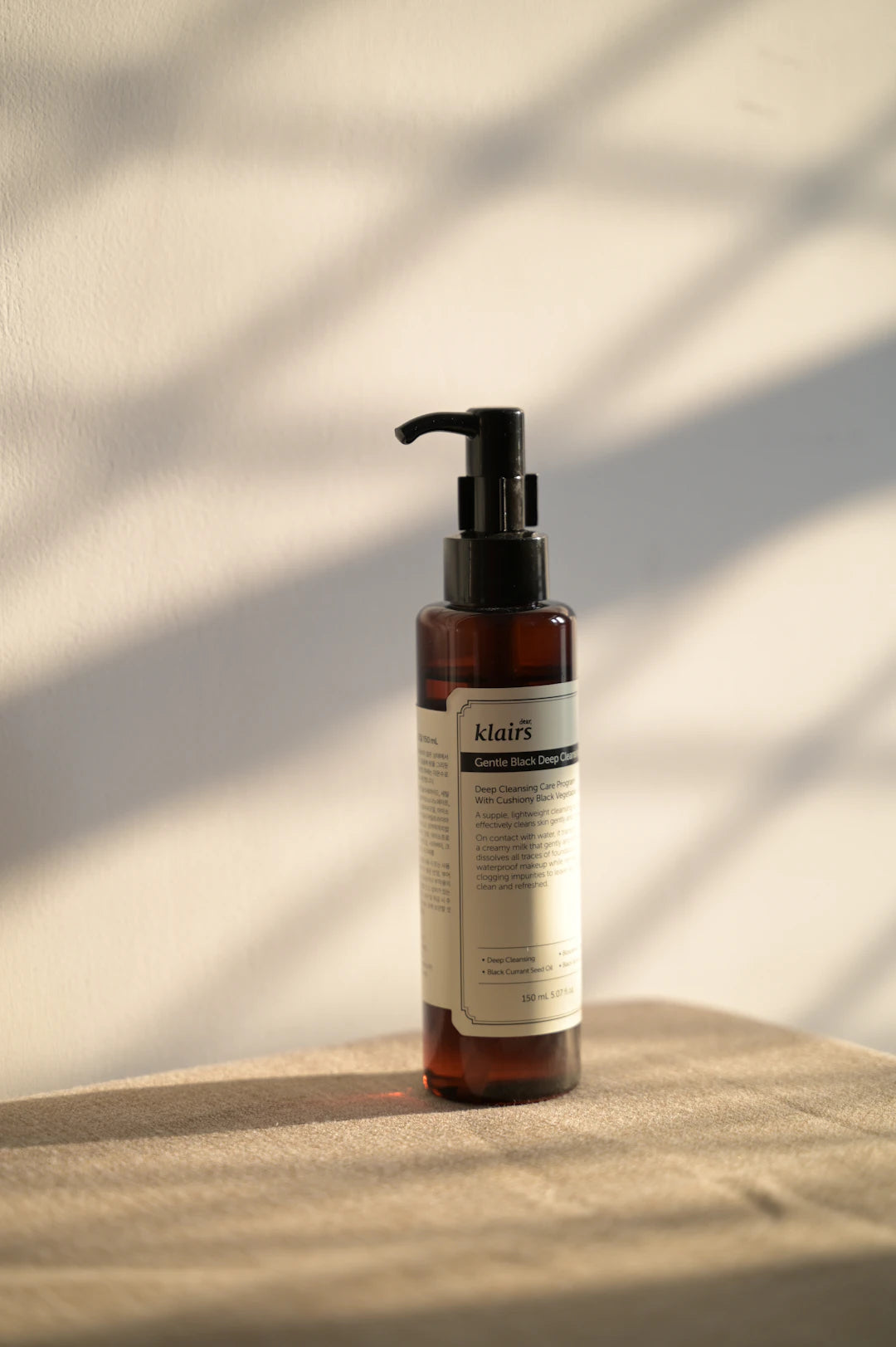Understanding Skin Sensitivity and Irritation

Frequently Asked Questions
1. What is skin sensitivity?
2. What are common signs of skin sensitivity?
3. What causes skin sensitivity?
4. How can I build a skincare routine for sensitive skin?
5. When should I seek professional help for skin sensitivity?
In our fast-paced world filled with an endless array of skin care products and treatments, it’s easy to overlook the basics of skin health. One crucial aspect that many consumers fail to understand is skin sensitivity and irritation. Let's dive deeper into the nuances of skin sensitivity, its causes, and how to effectively manage it to achieve the glowing skin you deserve.
What is Skin Sensitivity?
Skin sensitivity refers to a heightened reaction of the skin to various stimuli, causing discomfort such as redness, itching, and burning sensations. Individuals with sensitive skin often find themselves struggling with a consistent skin care routine due to their skin’s unpredictable behavior. This can lead to frustration, as traditional products may provoke adverse effects.
Common Signs of Skin Sensitivity
Identifying the signs of skin sensitivity is the first step toward managing it effectively. Here are some common indicators:
- Redness or blotchiness
- Stinging or burning sensations
- Dry patches or flaking
- Increased reactivity to environmental factors
- Exacerbation of skin conditions like eczema or rosacea
Causes of Skin Sensitivity
Skin sensitivity can arise from various factors, including genetic predisposition, environmental influences, and lifestyle choices. Understanding these causes can help you tailor your skin care routine to minimize irritation and promote healthier skin.
Environmental Factors
Your environment significantly impacts your skin's health. Changes in temperature, humidity, and pollution levels can lead to sensitivity. For instance, harsh winds or extreme heat often result in dry, irritated skin. Similarly, exposure to pollutants can lead to inflammation and barrier dysfunction. Make sure to shield your skin from seasonal changes to help maintain its natural balance.
Skincare Products and Ingredients
The products you use on your skin can either support its health or bring on irritation. Fragrances, alcohol, and harsh exfoliants are notorious for causing skin reactions. If you have sensitive skin, consider reducing the number of products in your skin care routine. Opt for products specifically formulated to soothe and nourish your skin without unnecessary irritants.
How to Build a Skin Care Routine for Sensitive Skin
Creating a skin care routine that caters to sensitive skin can be challenging, but with the right approach, it’s highly achievable. Here’s a guideline to build an effective routine:
Cleanse Gently
Start your routine with a gentle cleanser. Look for fragrance-free, hypoallergenic options that won’t strip your skin of its natural moisture. Gentle cleansers help maintain the skin barrier while effectively removing dirt and impurities.
Moisturize Regularly
Moisturizing is essential for all skin types, especially sensitive skin. Choose a moisturizer that is rich in emollients and without irritating ingredients. Look for labels that say “sensitive skin” or “non-comedogenic,” ensuring it won’t clog pores or provoke irritation.
Incorporate Anti-Aging Facials
Anti-aging facials can provide immense benefits for sensitive skin. They help in increasing hydration, improving skin texture, and reducing the appearance of fine lines—all without causing irritation. Opt for facials that include soothing ingredients like aloe vera or chamomile to mitigate inflammation while harnessing anti-aging advantages.
Be Mindful of Exfoliation
If exfoliation is part of your skin care routine, choose gentler exfoliating agents. Chemical exfoliants, like lactic acid, can be great options as they are often less abrasive than physical scrubs. Be diligent about testing any new exfoliation products on a small skin area to see if a reaction occurs.
Sun Protection is Key
Daily sun protection should never be overlooked, even for sensitive skin types. Solar radiation can exacerbate skin sensitivity and accelerate aging. Choose mineral-based sunscreens with broad-spectrum protection, as they are less likely to irritate sensitive skin while providing effective defense against harmful UV rays.
When to Seek Professional Help
While a solid skin care routine can alleviate many issues associated with skin sensitivity, there are times when it’s necessary to seek professional help. Consider scheduling a consultation with a dermatologist if you experience:
- Persistent redness or irritation
- Severe itching or burning sensations
- Worsening skin conditions
- Other sudden or unexplained changes in your skin
A dermatologist can recommend tailored treatments and provide guidance on how to navigate your specific skin care routine effectively.
Natural Remedies for Skin Irritation
Besides professional treatments, many individuals find relief from skin sensitivity through natural remedies. Here are some options you may want to consider:
Aloe Vera
Aloe vera is famed for its soothing properties. It can help reduce redness and hydrate the skin effectively. Simply apply pure aloe vera gel to irritated areas for quick relief.
Oats
Colloidal oatmeal baths can significantly alleviate itching and inflammation. You can find colloidal oatmeal products specifically designed for bath use, which can transform your bathing experience into a soothing treatment.
Coconut Oil
Coconut oil boasts unparalleled moisturizing properties. Due to its fatty acid composition, it forms a protective barrier on the skin, locking in moisture while soothing irritation. Just remember to patch test before full application.
Tips to Minimize Skin Sensitivity
In addition to the above interventions, there are preventive measures you can embrace to minimize occurrences of skin sensitivity:
- Stick to a simple skin care routine.
- Patch test any new products before incorporating them.
- Avoid hot showers or baths which can dry out the skin.
- Use a humidifier in dry environments to maintain moisture levels.
- Stay hydrated by drinking plenty of water daily.
Your Path to Resilient Skin
Understanding skin sensitivity isn’t just about dealing with irritations as they come—it’s about creating a lasting strategy for healthy skin. By incorporating mild products, hydrating effectively, and utilizing targeted treatments such as anti-aging facials, you can empower your skin to thrive even in challenging conditions.
Ultimately, the journey toward resilient skin involves patience and care. Embrace your unique skin type and nurture it with love, attention, and consistent effort. Explore our Shopify store at Skinney for more insightful resources, and remember—healthy skin is just a dedicated skin care routine away!


